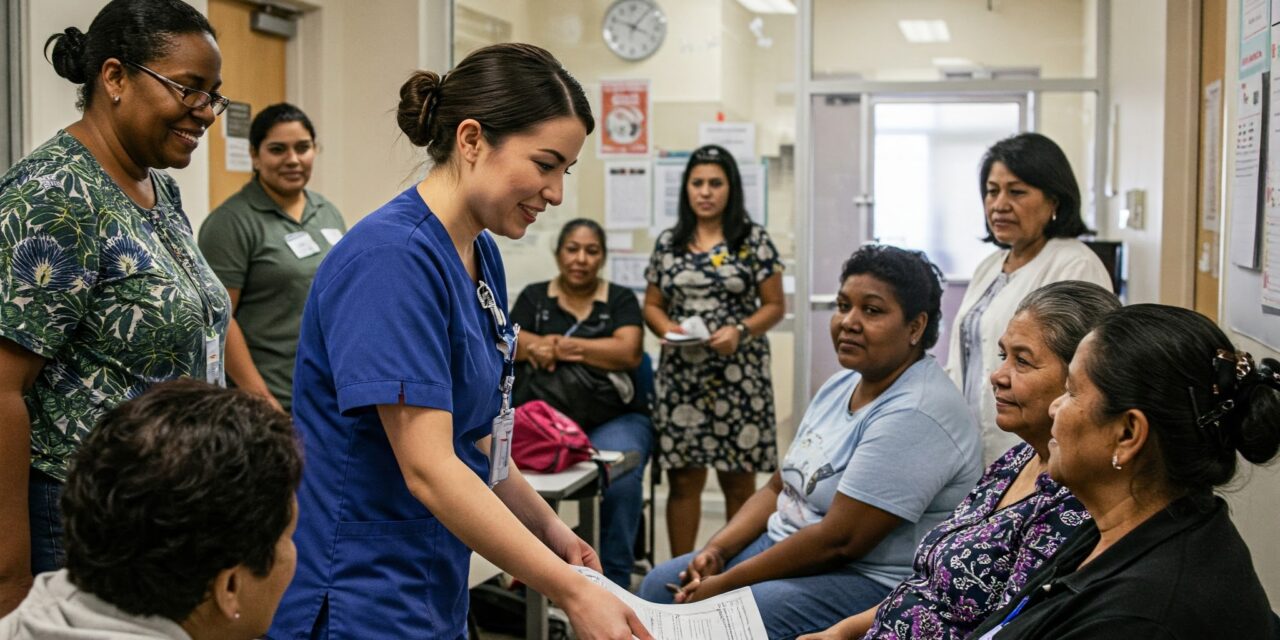I was deeply saddened when I heard President Donald Trump signed an executive order beginning America’s withdrawal from the World Health Organization, known as WHO.
The World Health Organization (WHO), established in 1948 as a United Nations agency, is a global leader in public health efforts. With 194 member states, WHO tackles a wide range of health challenges, from communicable diseases like COVID-19, Zika, and HIV to chronic conditions such as heart disease, diabetes, and cancer. The organization’s comprehensive approach includes fighting malnutrition, delivering vaccines, and providing assistance in underprivileged and conflict-affected areas. With a biennial budget of $6.8 billion, largely supported by donors like the United States, WHO has achieved significant milestones, including the eradication of smallpox, a 99% reduction in global polio cases, and substantial progress in combating malaria and trachoma.
The U.S. withdrawal from the World Health Organization (WHO) could significantly weaken its foreign policy influence in sub-Saharan Africa, potentially ceding ground to China’s growing presence in the region. WHO plays a crucial role in providing health stewardship and setting global standards for medical practices and treatments. By leaving the organization, the U.S. may lose its ability to shape these important guidelines, which many countries rely on for healthcare decision-making.
For those of you who wish to stay informed about global health, I highly recommend subscribing to WHO’s newsletters, and taking a look at ProMED.
ProMED was launched in 1994. It is the world’s largest publicly-available system for global infectious disease outbreak reporting. It employs a One Health approach, covering humans, animals, and plants, and operates 24/7 with a global team of experts in various fields.
ProMED has been instrumental in early reporting of major outbreaks like SARS, Ebola, and COVID-19. Its timely information is crucial for public health leaders, officials, healthcare professionals, researchers, and the general public worldwide, making it a vital contributor to global health security.
Pro tip: Don’t go overboard and sign up for all the newsletters. Look for newsletters that offer consolidated reports, or cover countries or topics you are specifically interested in.





